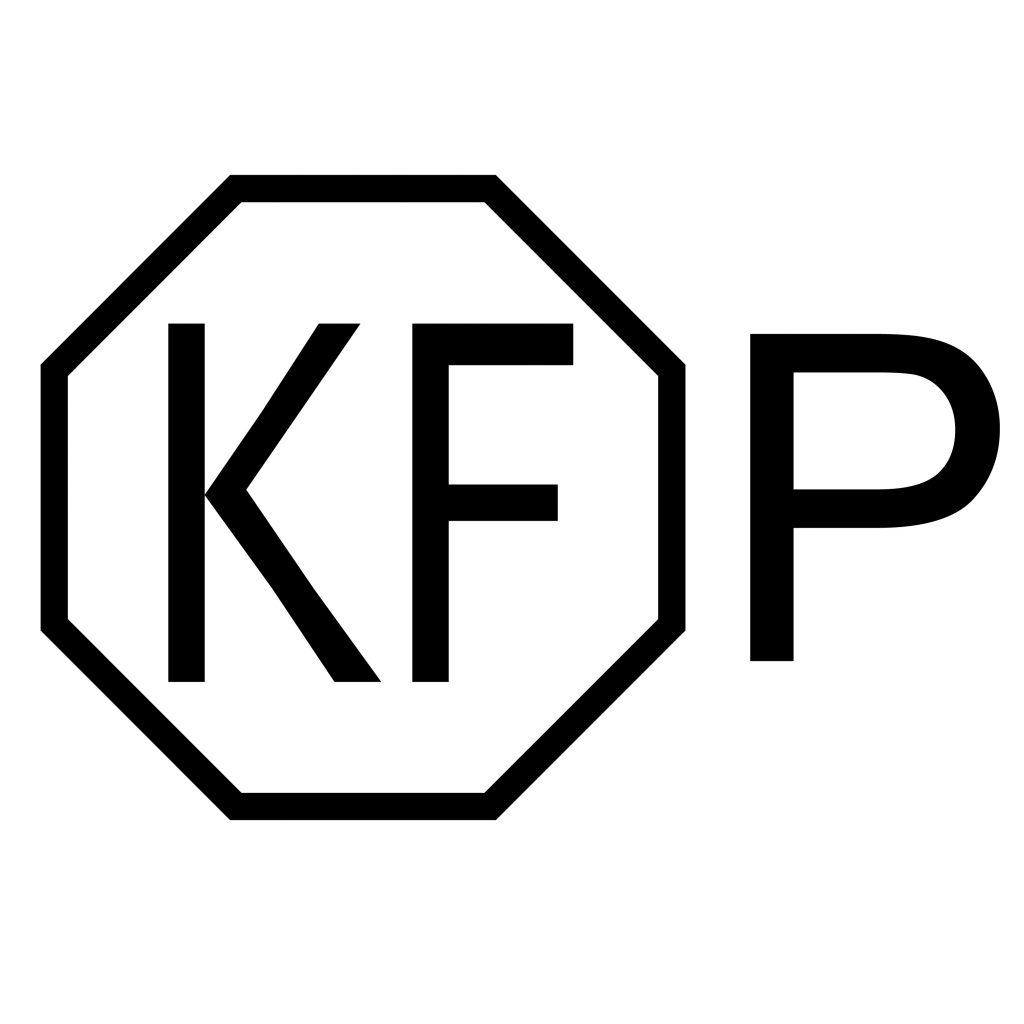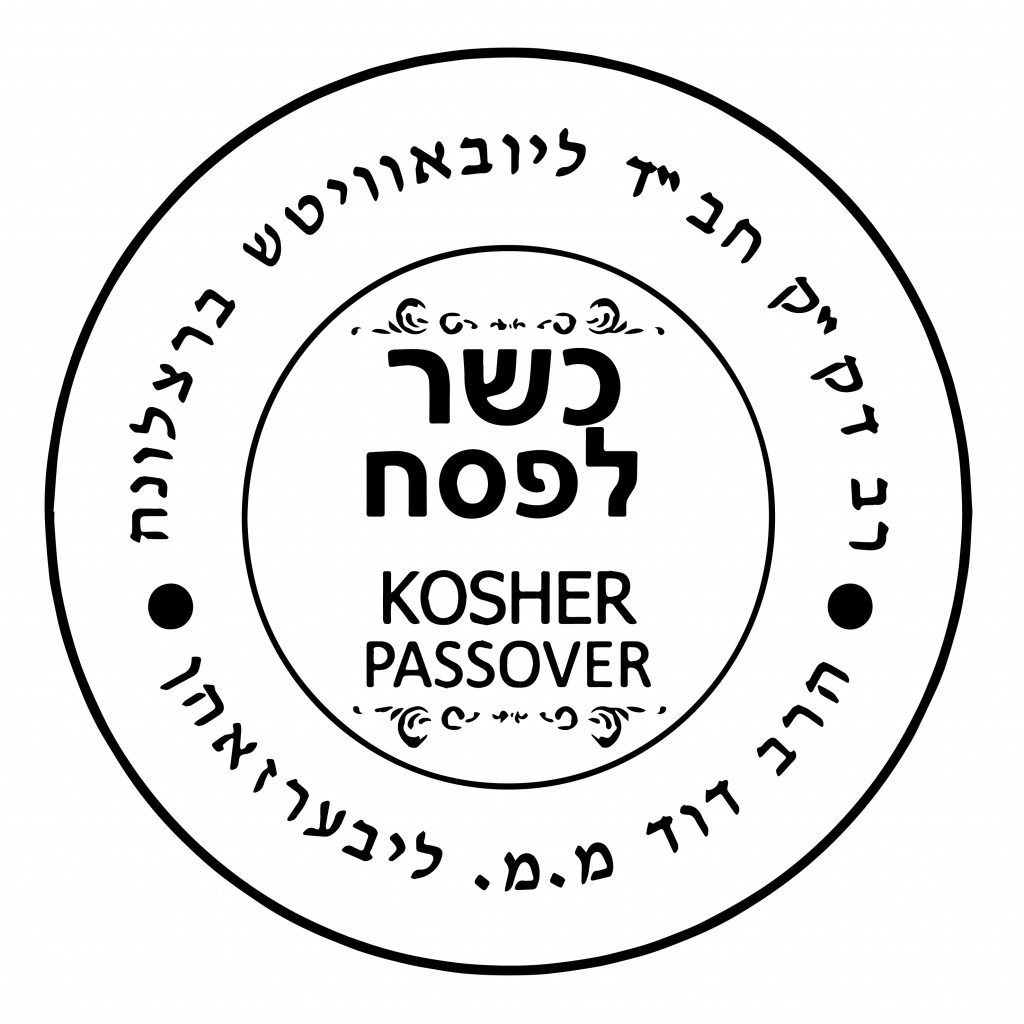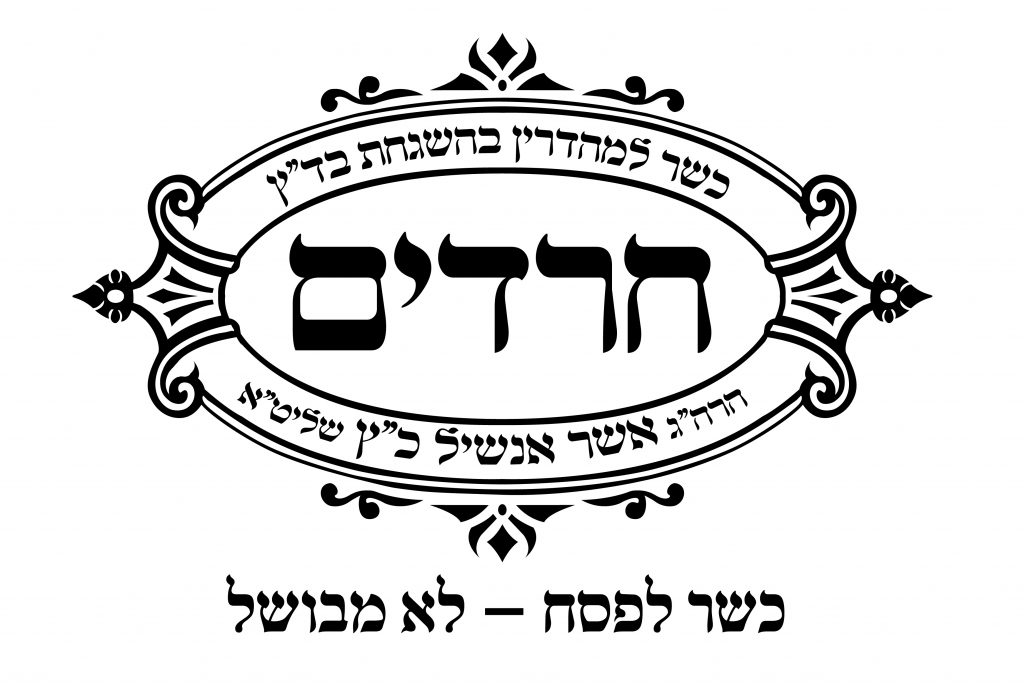Kosher
The individuality and divinity of the Jewish faith is best represented by wine, more so than by any other food or drink.
Jewish celebrations including the Shabbat are sanctified by wine. Wine was poured on the Altar during the sacrifices in the Hamikdash (Holy Temple).
Given that wine holds a unique status within Jewish law, there are restrictions on how the wine is produced and handled, even for wines that are not used for religious celebrations.
The production and handling of kosher wine must be carried out exclusively by Jews. Wine, grape juice, and all related products containing these, must remain solely in Jewish hands during the manufacturing process. Even after the seal of the bottle has been broken. It is not permitted to drink any wine, grape juice, or any drink related to these, which has been touched by a non-Jew after the seal of the bottle has been opened.
The exhaustive protocol of the winemaking process based on the Jewish Law demands that the production process meets the following criterions:
- Fermentation tanks and materials used in the production process must be kosher approved and be used exclusively for kosher wine production.
- All raw materials used during the process must have Kosher certification according to Jewish law.
- The process begins by filling the tanks three times with water, at 24 hour intervals.
- Once the grapes arrive at the winery and are unloaded into the reception hopper, only the Rabbi or a Jew with full knowledge of kosher protocols can perform the work by following the winemaker’s instructions.
Our wine is produced following the Jewish Law and under the supervision of both the prestigious Rabbinate “OU”, from the USA, and the Kashrut Federation of London, in close collaboration with local Rabbis of the Jabad Lubavitch of Barcelona.




General prescriptions
- Minimum age of vines : 4 years
- Organic fertilizers are not allowed.
- High standards of hygiene and strict cleaning procedures are followed.
- Added bacteria, yeast, enzymes are not allowed
- Clarification of the wines using gelatine or casein is prohibited.
- Bentonite and egg white from white eggs are both allowed, but after inspection by the Rabbi.
- Only new bottles are allowed to be used
- In the 7th year (Sabbath year) you are not allowed to pick the grapes (allowing the land to regenerate)
- 1% of the wine must be given to the poor
- Only Sabbath observing Jews are allowed to intervene in the vinification process, or to have “physical or visual” contact with the wine
Reference websites
- www.jabadbarcelona.org(Jabad Lubavitch Barcelona)
- www.ou.org(Orthodox Union)
- www.kfkosher.org(The Federation of Synagogues Kashrus)

